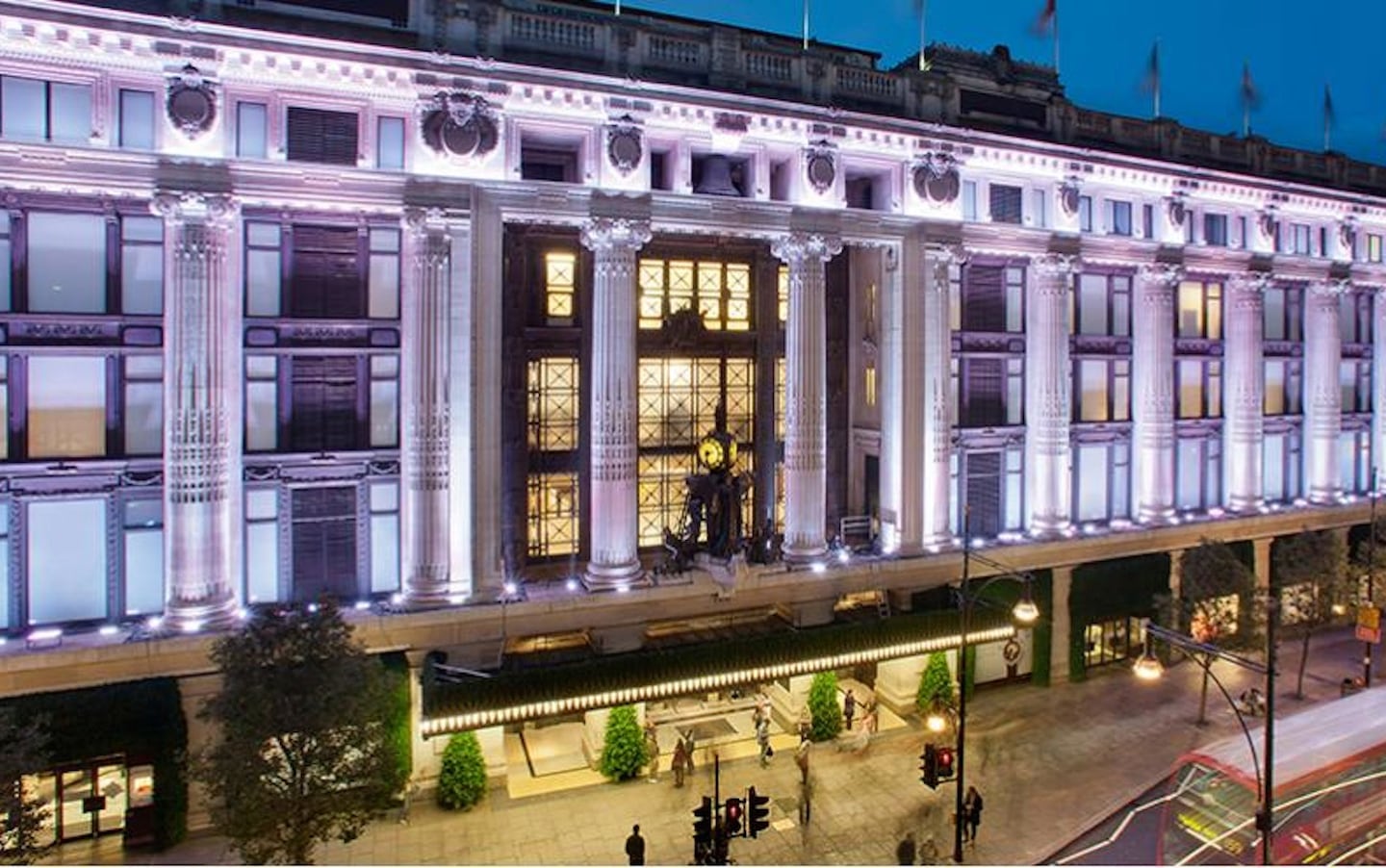
The Business of Fashion
Agenda-setting intelligence, analysis and advice for the global fashion community.

Agenda-setting intelligence, analysis and advice for the global fashion community.

After weeks of speculation, the luxury department store, is set to be put up for sale with a starting price of £4 billion ($5.52 billion), The Times reports. Credit Suisse will oversee the bidding process and begin to seek out investors soon in hopes of completing a deal by the end of the year. According to the publication, there has already been potential buyer interest, though no official offer has yet been made.
Selfridges operates 25 retail locations worldwide, including four in the UK, in London, Manchester and Birmingham. Additionally, it operates the storefronts Brown Thomas and Arnotts in Ireland and De Bijenkorf in the Netherlands.
The news comes just months after the death of Canadian billionaire Galen Weston, the entrepreneur best known as the owner and operator of Selfridges, at the age of 80. Selfridges has been under the ownership of Weston family since 2003.
Over the course of the pandemic, as Selfridges saw tourism in London decimated, it turned its focus toward building market share with local customers, and investing in digital channels, said Andrew Keith, Selfridges’s managing director at The BoF Professional Summit: What’s a Store For?.
ADVERTISEMENT
A representative for Selfridges declined to comment.
Learn more:
Can Selfridges Future-Proof the Department Store? Download the Case Study
Selfridges has attracted a bid from a potential buyer at a $5.7 billion valuation, the latest indication that the department store’s big bet on physical retail is paying off. But after a bruising pandemic year, the British chain could struggle to rebound amid a continued collapse in international tourism and a shift to online sales.

Joan Kennedy is Editorial Associate at The Business of Fashion. She is based in New York and covers beauty and marketing.
The British musician will collaborate with the Swiss brand on a collection of training apparel, and will serve as the face of their first collection to be released in August.
Designer brands including Gucci and Anya Hindmarch have been left millions of pounds out of pocket and some customers will not get refunds after the online fashion site collapsed owing more than £210m last month.
Antitrust enforcers said Tapestry’s acquisition of Capri would raise prices on handbags and accessories in the affordable luxury sector, harming consumers.
As a push to maximise sales of its popular Samba model starts to weigh on its desirability, the German sportswear giant is betting on other retro sneaker styles to tap surging demand for the 1980s ‘Terrace’ look. But fashion cycles come and go, cautions Andrea Felsted.